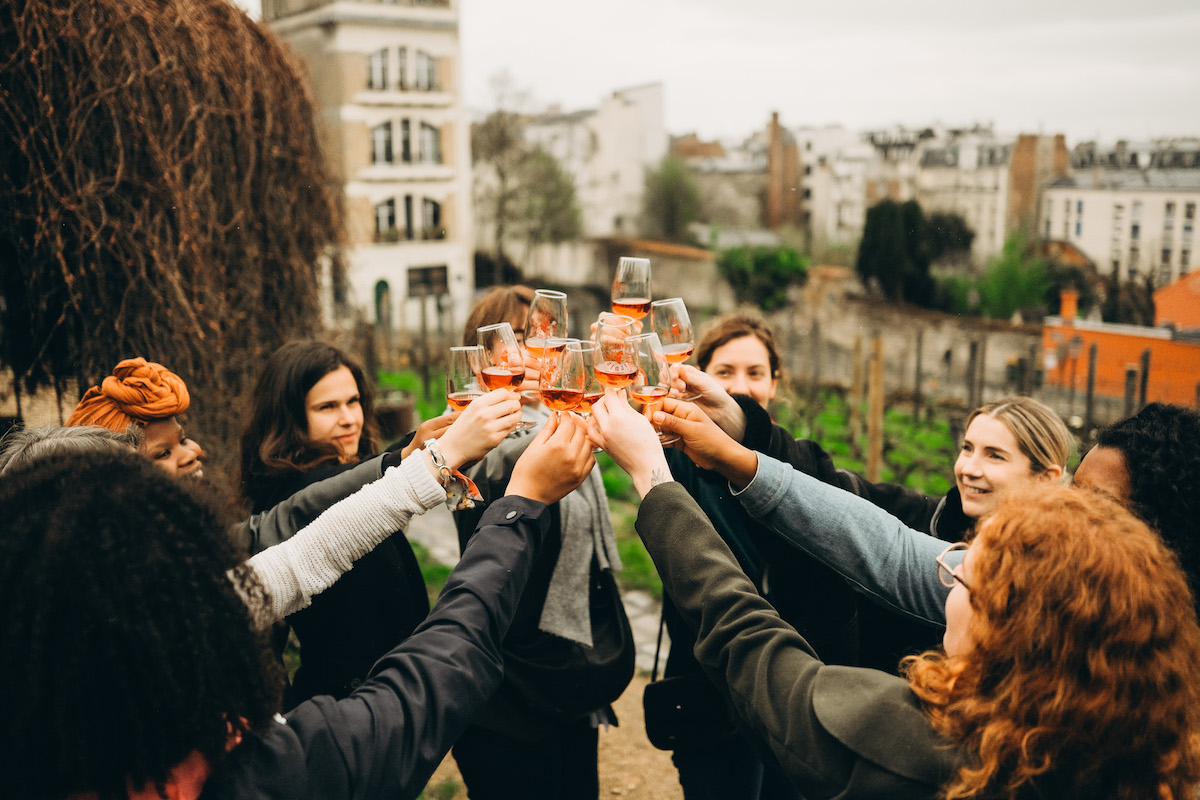It’s not uncommon for folks to paint Bordeaux as a smaller Paris, and while there’s some truth to that, it’s doing this amazing French city a disservice. After all, you might say to yourself, why visit a mini Paris if you’ve just left the real thing?
So is Bordeaux worth visiting? Well, you’ve come to the right place to get your answer.
Along with Bordeaux’s famous wine museum, the Cité du Vin, the city offers an impressive array of things to do. Of course, its major draw is its wine and culinary culture, but there is so much more to this under-the-radar gem.
“It’s such a cute city but has a small town feel,” says Tanisha Townsend, Chief Wine Officer of Girl Meets Glass. “You also really get that dreamy French aesthetic that people come to France for. It’s also very walkable so you’ll definitely get your steps in and a bit of French history.”
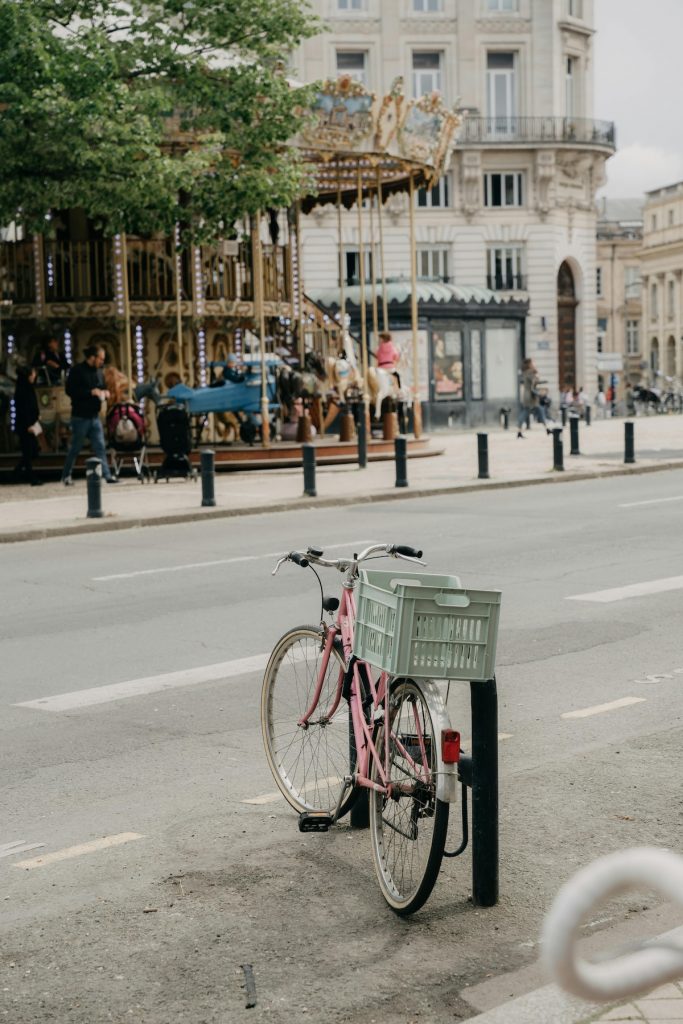
Diane Rovner, founder of Bordeaux in Bites, agrees. “I think Bordeaux is very often under the radar, and it frustrates me that people automatically assume that the best part of it is to go to the vineyards,” she says. “I know that that’s very often why people are there, but the city itself is vastly underrated.”
Indeed, for Monique Seillan of Vérité Wines and Château Lassàgue, Bordeaux is rich in offerings from cultural life to luxury boutiques to exquisite markets and restaurants. “It is certain that people who love Paris will not be disappointed when they discover Bordeaux.”
So for those wondering, is Bordeaux worth visiting? Yes, this vibrant and charming city is well worth a visit in its own right.
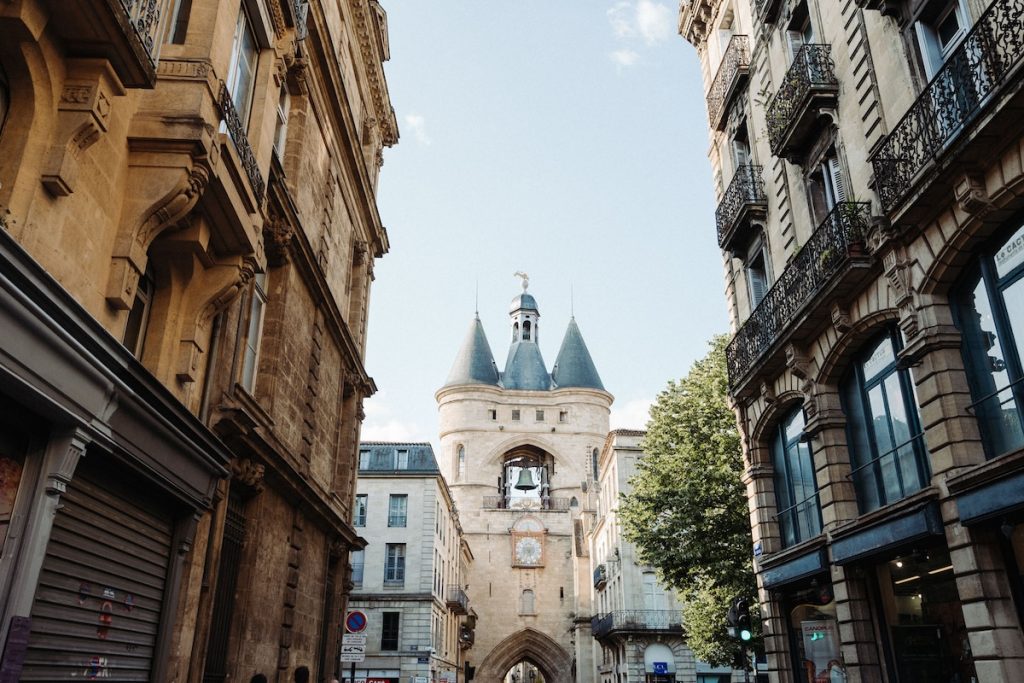
Bordeaux is gorgeous
Bordeaux and Paris are similar in that they straddle a river – the Seine in Paris, the Garonne in Bordeaux. And both, too, are architectural marvels, with majestic buildings arranged along wide boulevards to create an open, airy feel. But whereas Paris is known for the 19th century buildings in what has become known as the Haussmannien style, Bordeaux’s architectural heritage boasts a bit more range.
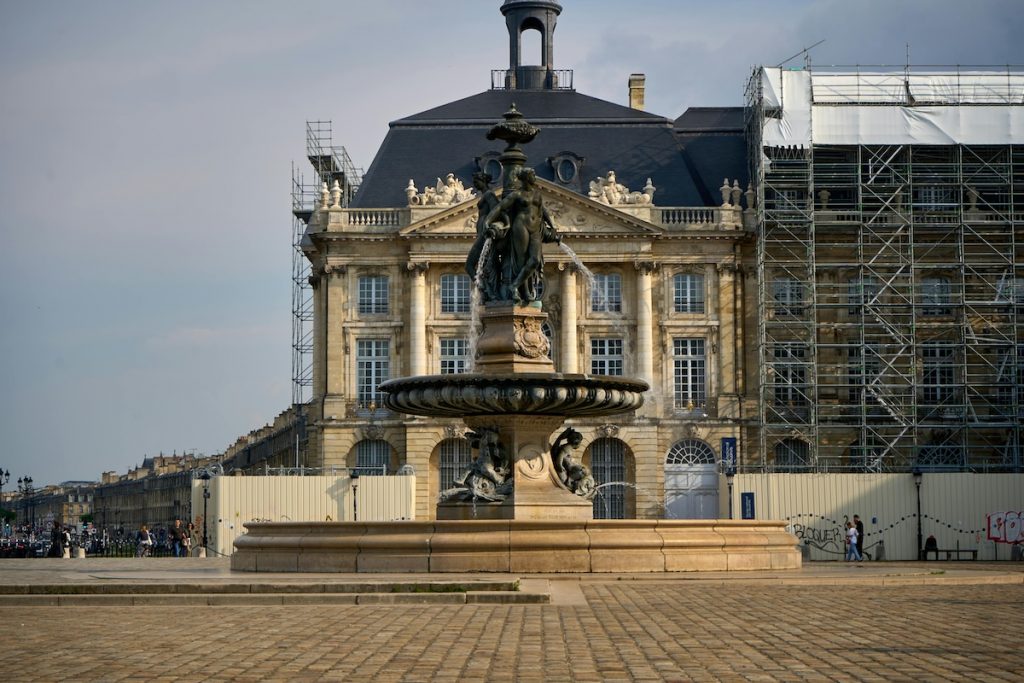
What to do in Bordeaux
A walking tour of Bordeaux is the perfect way to take full advantage of the city’s architectural majesty. From the Ancient Roman Palais Gallien to the 18th century horseshow-shaped Place de la Bourse, the city is majestic at every turn. The picturesque Place Saint-Pierre with its restaurants and bars arranged around the Gothic Eglise Saint-Pierre is a wonderful area to explore.
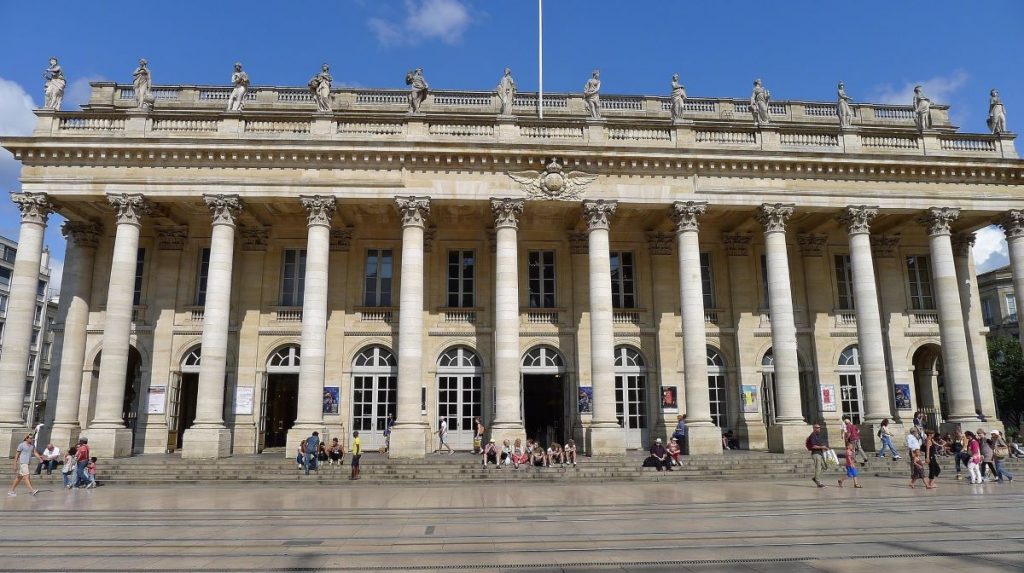
The neoclassical Grand Théâtre isn’t just home to Bordeaux’s Opéra; it also boasts a gorgeous façade decorated with statues of Ancient Greek goddesses and muses. The Grosse Cloche is aptly named: This 16,500-pound bell hangs in a medieval bell tower that has become emblematic of the city. And don’t miss the imposing Saint-André Cathedral, which, while first built in 1096, now bears evidence of its medieval reconstruction, with imposing flying buttresses and gargoyles.
Bordeaux is also home to twelve different museums, including the Fine Arts Museum known for its collection of works dating to the 16th through the 20th centuries, with a particular richness in Dutch masters. And if you’re a shopping fan, don’t miss the rue Sainte-Catherine – the longest pedestrian shopping street in Europe. Plus, a walk along the Garonne riverbanks and the pretty red-brick Pont de Pierre is a must.
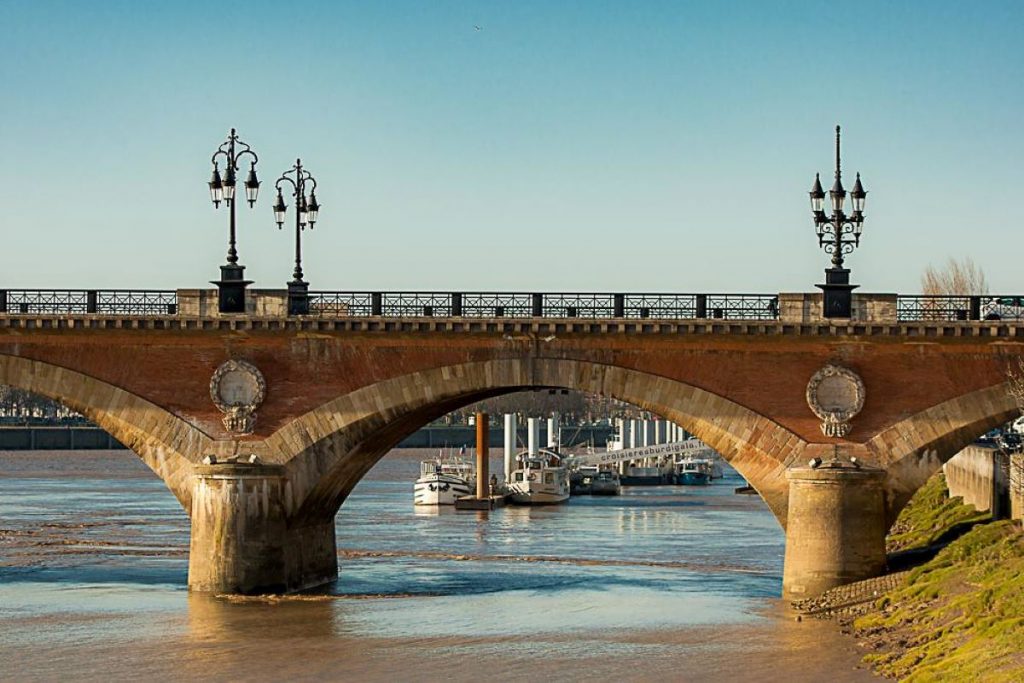
Bordeaux’s culinary culture is unparalleled
It wouldn’t be a French city if it didn’t have a rich food and wine culture, and Bordeaux is brimming over with both. Settled just over 40 miles from Arcachon Bay, this port city boasts a wide array of exquisite terroir-driven recipes and many restaurants – the most per capita of any French city.
Don’t leave Bordeaux without trying its culinary specialties, like eggy, rum-scented canelés or local oysters from Arcachon’s Cap Ferret. Sauce bordelaise is a red wine sauce typically served with red meats. Bazas beef, sourced just outside the city, is renowned for its tender texture and deep flavor, and is rare to find outside the region, so if you see it on a menu, be sure to give it a try.
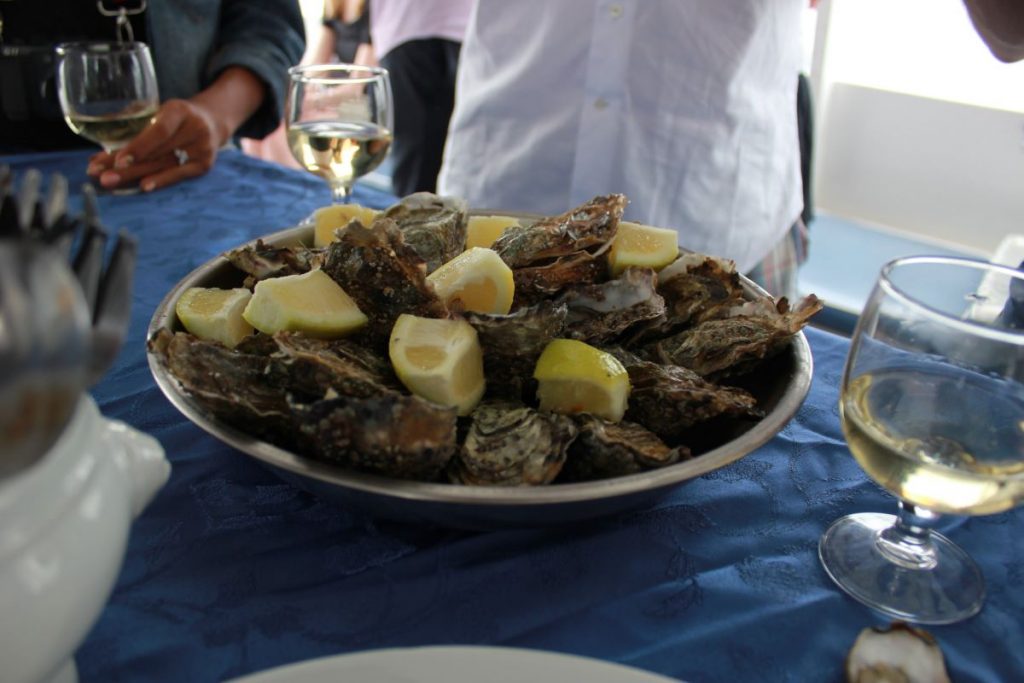
Speaking of which, Bordeaux is home to several fine dining restaurants, including Le Pressoir d’Argent and Le Grand’Vigne, both of which boast two Michelin stars. But also be sure to check out its more avant-garde dining establishments, like CENT33 or Symbiose, known for their creativity.
“For me what I like about Bordeaux even more than Paris – and maybe that’s my favorite thing about it – is that it’s super innovative,” says Rovner. “I think that’s where you have a lot more room and breathing room to play.”
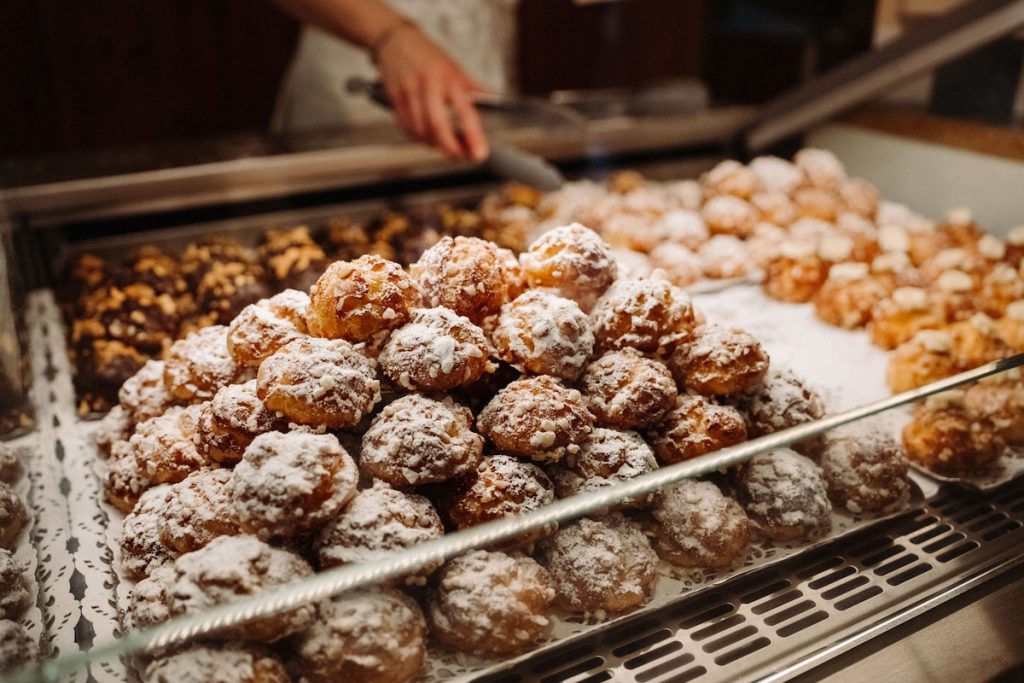
And of course…there’s the wine
Wine is perhaps one of the biggest draws for visitors to Bordeaux, and that’s no surprise. Just 45 minutes away from the city center, these diverse wine-growing regions are home to majestic châteaux, medieval cities and villages, and nearly 6,000 wineries.
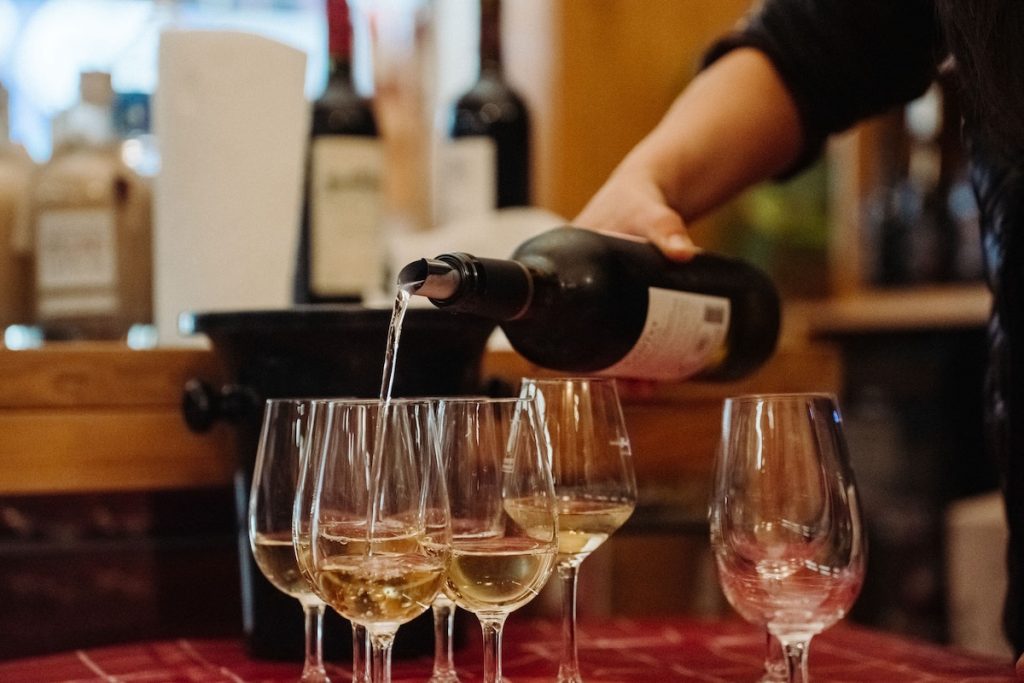
“It’s very convenient to visit the wine country while staying in Bordeaux,” Seillan says. “One day should be devoted to the Right Bank – Pomerol and Saint-Emilion – and one day to the Left Bank – Médoc.”
Top Wineries in Bordeaux to Visit
- Château Lafite
- Château Latour
- Château Mouton
- Château Haut Brion
- Château Margaux
Townsend notes that one can join a tour group – even just for the day – or hire a driver and a private guide for a more bespoke experience. “So many options.”
But for Rovner, leaving Bordeaux itself isn’t necessary – even for wine fans.
“I don’t think you need to go out to the wine country; I really don’t,” she says. “I’ve met people who’ve done these tours and then come back and said, oh, we ended up not really learning very much. But they did it because they felt they had to.”

Where to wine in Bordeaux
Luckily, even if you don’t have the time or means to head out into the countryside, the city is home to loads of wine-focused spots. Perhaps the most vaunted among them is Bordeaux’s famous wine museum, Cité du Vin, a unique cultural venue devoted to wine complete with tasting spaces, permanent and temporary exhibits, and a 250-seat auditorium. “This wine museum is amazing and I can’t recommend it enough,” says Townsend.
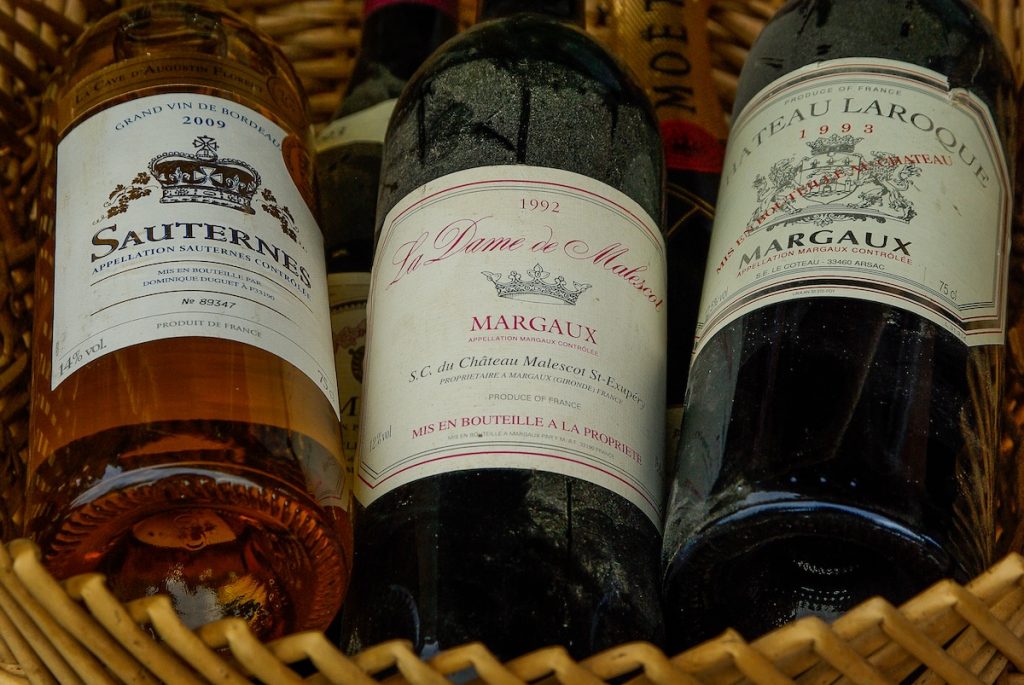
Rovner, however, is more mitigated in her appreciation of the massive space. “It’s incredibly overloaded with technology, and while it’s meant to be cool, I think in a lot of ways, it’s just too much.”
Instead, she recommends folks head to the neighborhood of Chartrons, a former suburb built in the 14th century around the abbey of the same name. These days, the area is known for the trendy boutiques, antique shops, and wine cellars dotting the rue Notre-Dame, as well as the wine museum at 31 rue Borie.
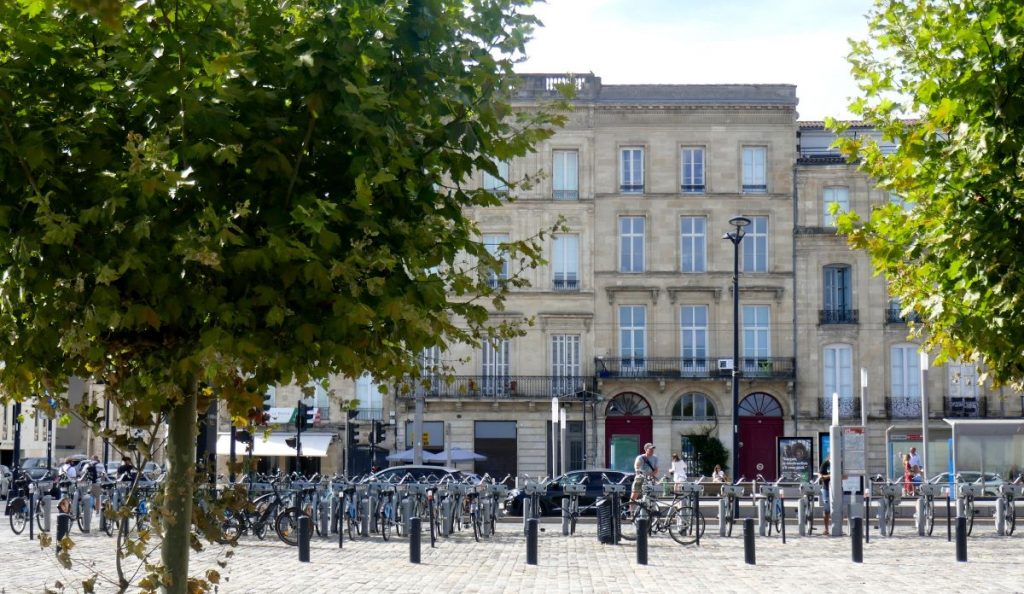
“It’s in an old former wine merchant’s house,” explains Rovner, noting that it details the history of wine with help from primary sources like journal entries. “It’s way more informative without all the hoopla of being overly over the top.”
So, is Bordeaux worth visiting?
Yes, yes, and yes! Home to a wide variety of cultural spaces, shops, restaurants, wineries, and more, Bordeaux offers all the charm of an authentic French city, but without the hordes of tourists that Paris is known for.
And what better way to visit this vibrant area than a small-group walking tour? On the Bordeaux Ultimate Food Tour, you’ll learn about they city’s long culinary traditions and the winemaking that has produced France’s finest bottles.
